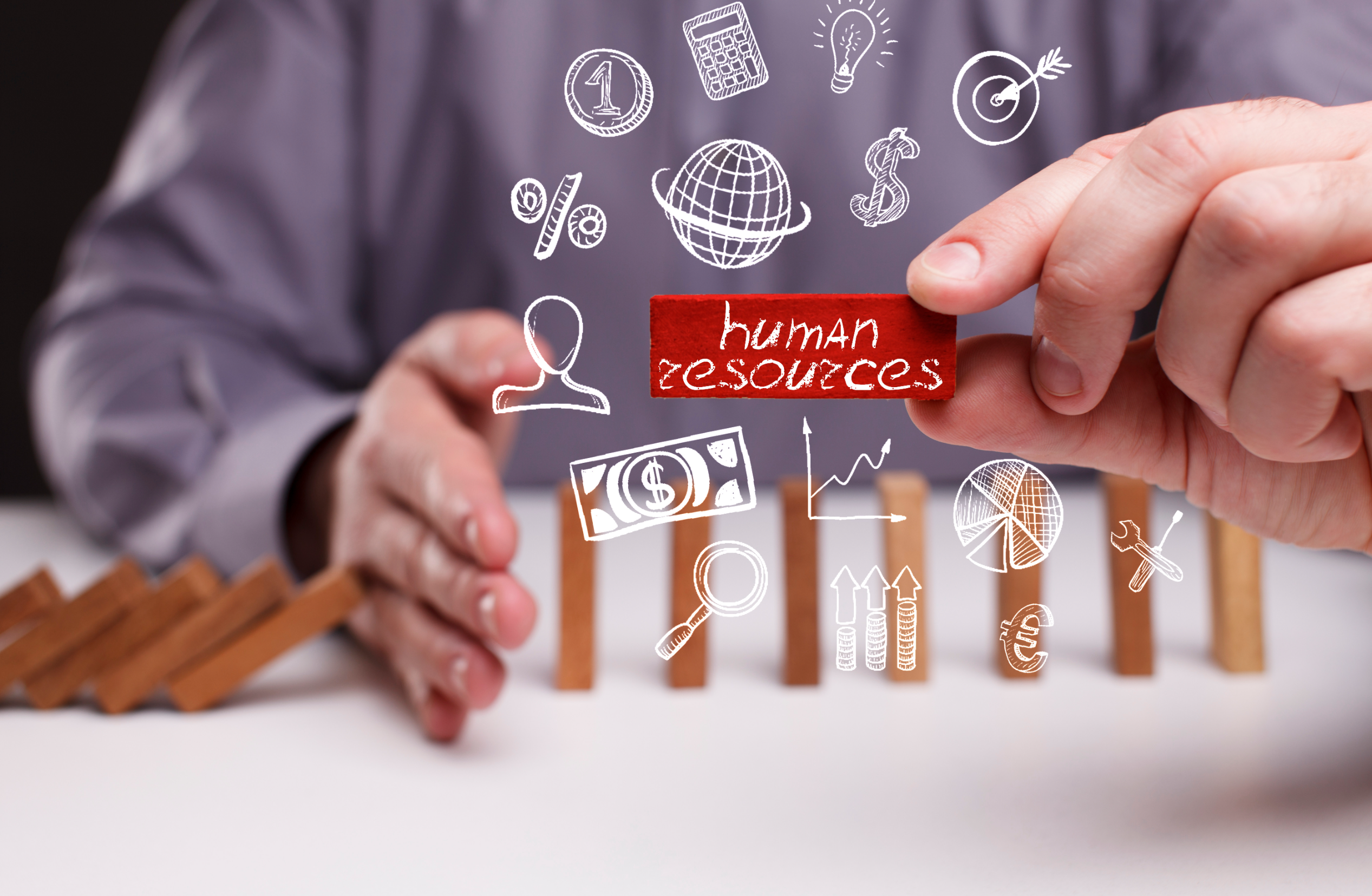Japan plans to subsidise organisations offering parental leave
- Josephine Tan

In a move to promote work-life balance and support employees taking childcare leave, Japan’s Ministry of Health, Labour and Welfare plans to provide subsidies to small- and medium-sized enterprises (SMEs) offering allowances to employees who cover for colleagues on parental leave.
Starting in the next fiscal year, the ministry will grant up to 1.25 million yen (US$8,518) per employee on parental leave. The primary objective is to facilitate easier access to childcare leave and shorter working hours by extending support to co-workers who take on additional responsibilities. To fund this initiative, the ministry has allocated 3.76 billion yen (US$25.6 million) in its budget request for the coming fiscal year.
This subsidy will be administered as part of a new course within the existing grant programme aimed at improving work-life balance. SMEs with fewer than 300 employees meeting specific criteria will be eligible. The ministry’s goal is for parents with children under three to work shorter hours for at least a month and take a minimum of seven days of childcare leave.
Eligible organisations offering allowances to employees covering those on parental leave will receive government subsidies covering up to 75% of the cost, with a maximum of 100,000 yen (US$681.52) per month. The subsidy will be available for one year, with an additional 50,000 yen (US$340.76) allocated for related expenses, reaching a maximum of 1.25 million yen.
READ MORE: More male employees in Japan took paternity leave in 2022
For employees working reduced hours, the maximum subsidy is 30,000 yen (US$204.46) per month until the child turns three, totalling up to 1.1 million yen (US$7,496). If an organisation hires a replacement or temporary employee, they can receive a subsidy of up to 675,000 yen (US$4,600).
Organisations receiving “Platinum Kurumin” certification for recognition in childcare support, including promoting men’s parental leave, will enjoy an increased subsidy rate of 80%, along with other benefits, reported The Mainichi.






